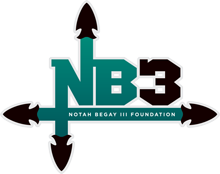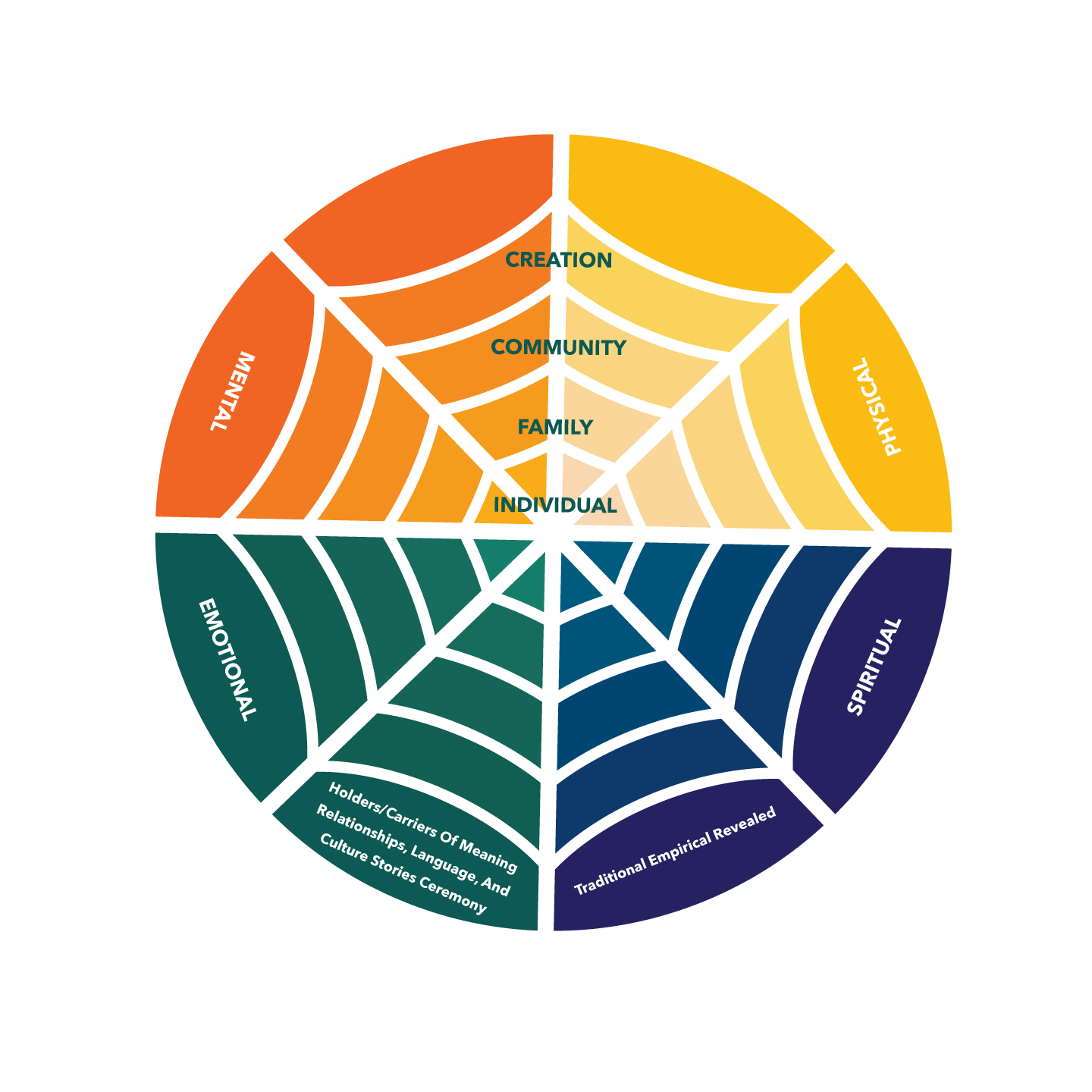Indigenous Evaluation & Research
The NB3 Foundation’s evaluation and research methodology integrates Indigenous knowledge that is respectful of and inherent to Native communities’ lived experiences and expertise. Historically and still today, evaluation and research practices often collide with or misrepresent Indigenous people. Too often, the purpose of research and evaluation is not to improve the life of Indigenous people or to support their interests, but rather to support theories of change and interventions that may or may not support the needs of Indigenous people.
The NB3 Foundation works to further indigenize evaluation and research practices that reflect and respect the communities we serve. We do this by honoring community knowledge, stories and practices that have supported centuries of resiliency and determination. When communities are the architects of their own evaluation approach and their own research agenda, then the measures, impacts and knowledge gained are owned by and matter to the community.
To help guide our work, the NB3 Foundation developed the Indigenous Health Model (IHM). The IHM reflects learning from practices that have been passed down through generations (traditional knowledge); incorporates teachings through observation and experimentation (empirical knowledge); and incorporates new learnings that are acquired by doing (revealed knowledge). The IHM reflects an organic or living system of Native communities and their lived experience. The IHM methodology generates balance between the elements of wellbeing and allows Native communities to examine and exercise their practices of health and wellness. The elements of wellbeing are imbedded in place, specifically where people eat, pray and play. This perspective is not new to Indigenous communities as they continue to reclaim, reconnect, and remember those knowledge systems.
It is our job to support our relatives as they continue to utilize, remember, strengthen and adapt their strengths and knowledge on their own terms.








